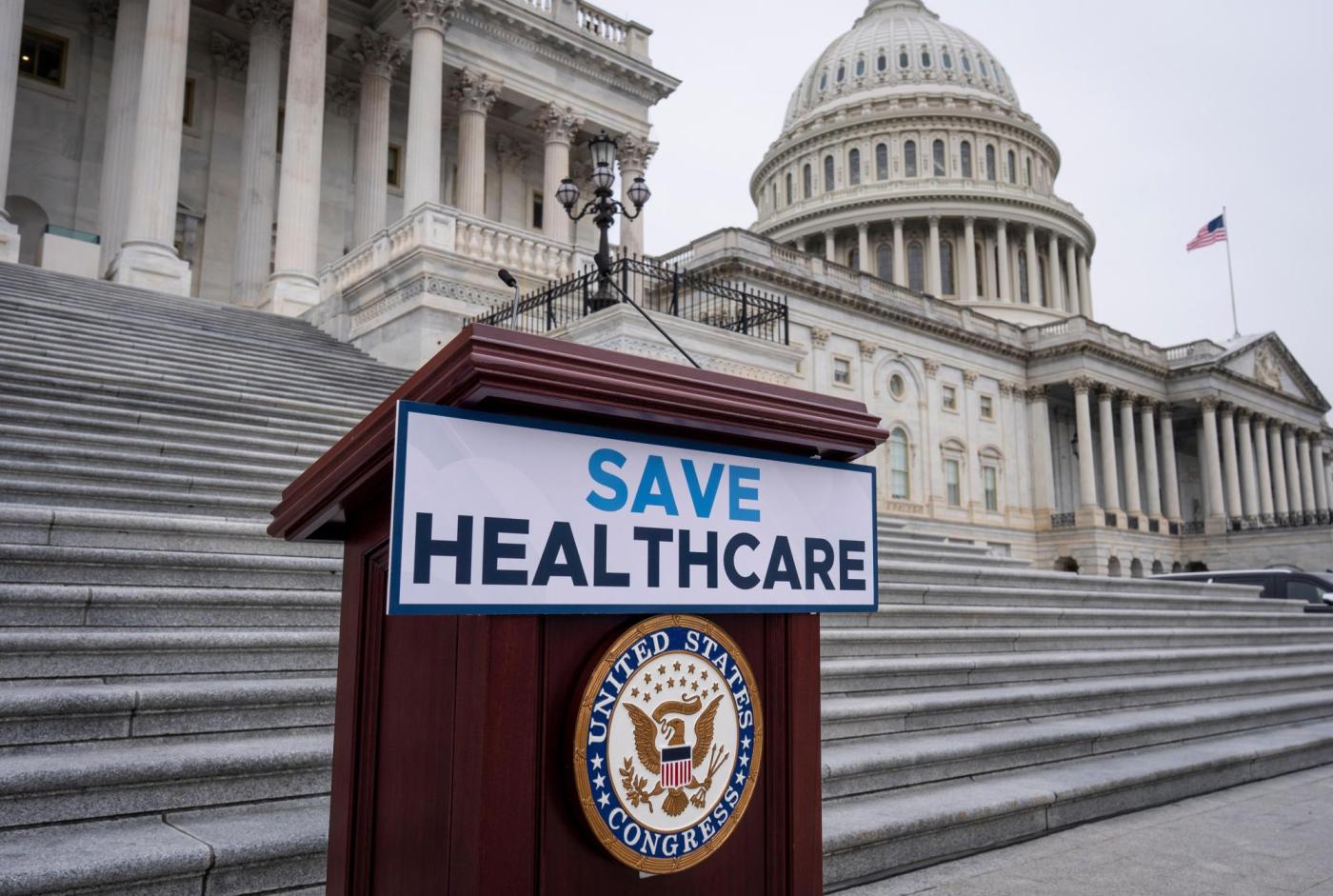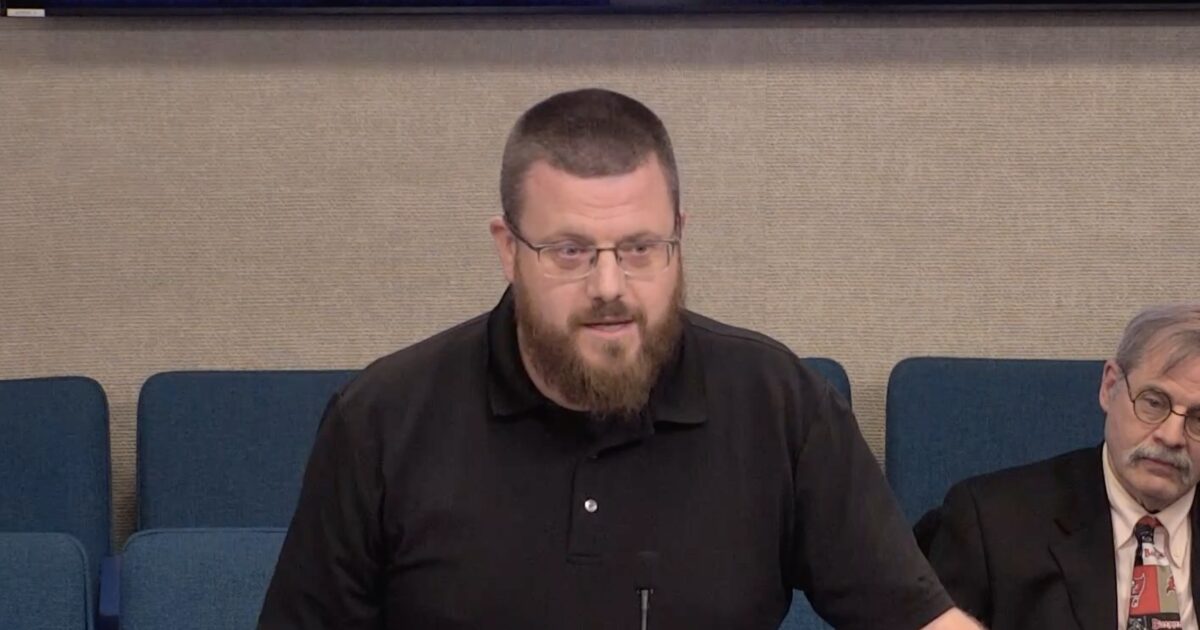UPDATE: The Connecticut congressional delegation has officially opposed the government shutdown deal just announced by House leaders, citing critical concerns over health care subsidies. This move comes as the House reconvened on Wednesday after a nearly two-month break, aiming to end the longest government shutdown in U.S. history.
All five members of Connecticut’s delegation voted against the funding package intended to reopen the government after 43 days. They joined most House Democrats in rejecting the deal primarily because it failed to extend essential premium subsidies for those enrolled in Affordable Care Act plans, particularly impacting residents using Access Health CT.
The urgency of the matter is heightened as these enhanced tax credits are set to expire on December 31, 2025. Without an extension, many families could face skyrocketing health insurance premiums next year. U.S. Rep. Jahana Hayes emphasized, “We can’t concede defeat based on what [House Speaker] Mike Johnson is going to do. We must ensure the American people know what’s at stake.”
The Senate’s shutdown deal included a promise from Republican leadership to vote on extending these subsidies by the second week of December, though the House has not committed to this timeline. The bill also guarantees back pay for furloughed federal workers, a necessity under a 2019 law, and aims to reverse layoffs that occurred during the shutdown.
In a nearly party-line vote of 222-209, the funding package passed, and President Donald Trump is poised to sign it later tonight, officially ending the government shutdown. However, the fate of health care subsidies remains uncertain. U.S. Rep. Rosa DeLauro voiced her skepticism, stating, “Johnson won’t guarantee a vote in the House. The Senate says they will have a vote. Do I trust any of them? Hell no.”
As Connecticut’s delegation pushes back against the shutdown deal, they are preparing to use a discharge petition to force a vote on a three-year extension of the subsidies. This strategy requires gathering 218 signatures, which will be challenging as it necessitates support from at least a few Republicans. Some moderate Republicans have previously shown openness to a one-year extension through bipartisan efforts, but the overall political landscape remains tense.
Meanwhile, U.S. Rep. Joe Courtney pointed to the lack of funding for the Columbia-class submarine program in the shutdown deal, emphasizing the detrimental impact of Congress’s extended recess on critical negotiations. He criticized the Senate for “dropping the ball” on this priority, noting that anomaly funding adjustments had been omitted, which could affect the Navy’s operational capabilities.
As the political chess game continues, Democrats are determined to keep the pressure on their colleagues. The next steps are crucial, with discussions about funding and health care looming as Congress faces another funding deadline at the end of January.
With the current dynamics, the clock is ticking. Connecticut Democrats reaffirm their commitment to advocate for health care subsidies, insisting that ongoing discussions are vital. U.S. Rep. Hayes concluded, “I’m going to keep fighting to try to get these health care subsidies for my constituents,” underscoring the human impact of these legislative maneuvers.
Stay tuned for further developments as the situation unfolds. The next few weeks will be pivotal in determining the future of health care in Connecticut and across the nation.






